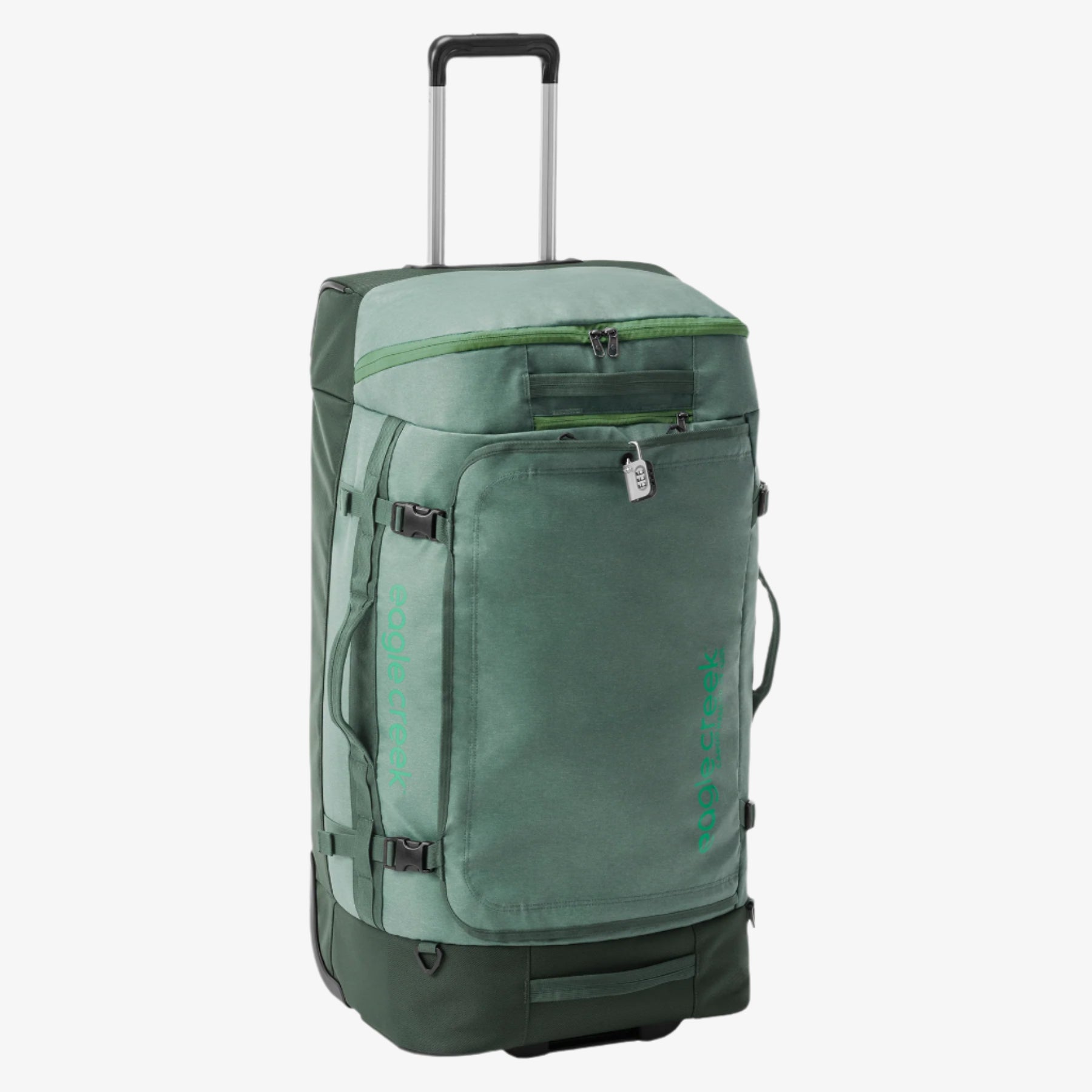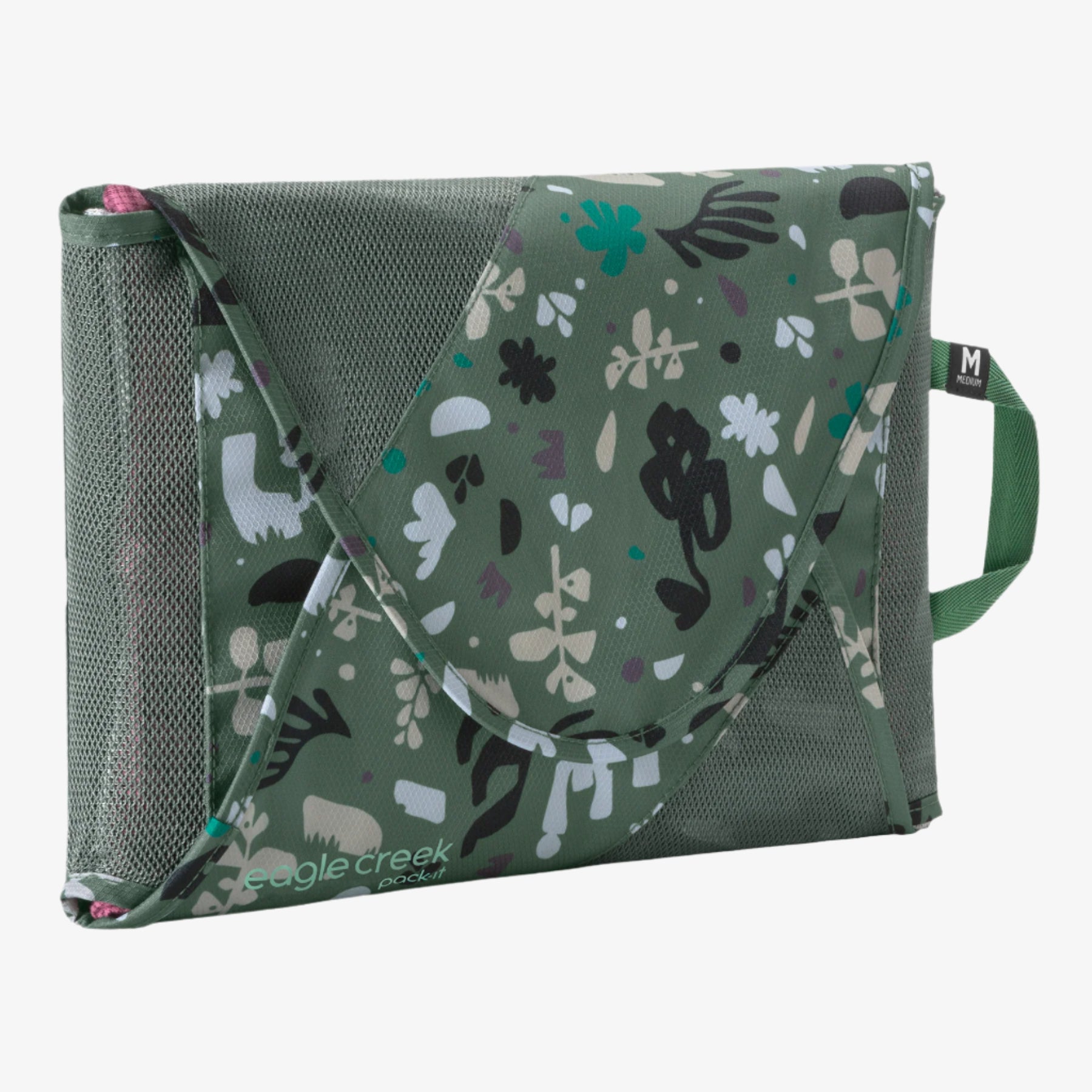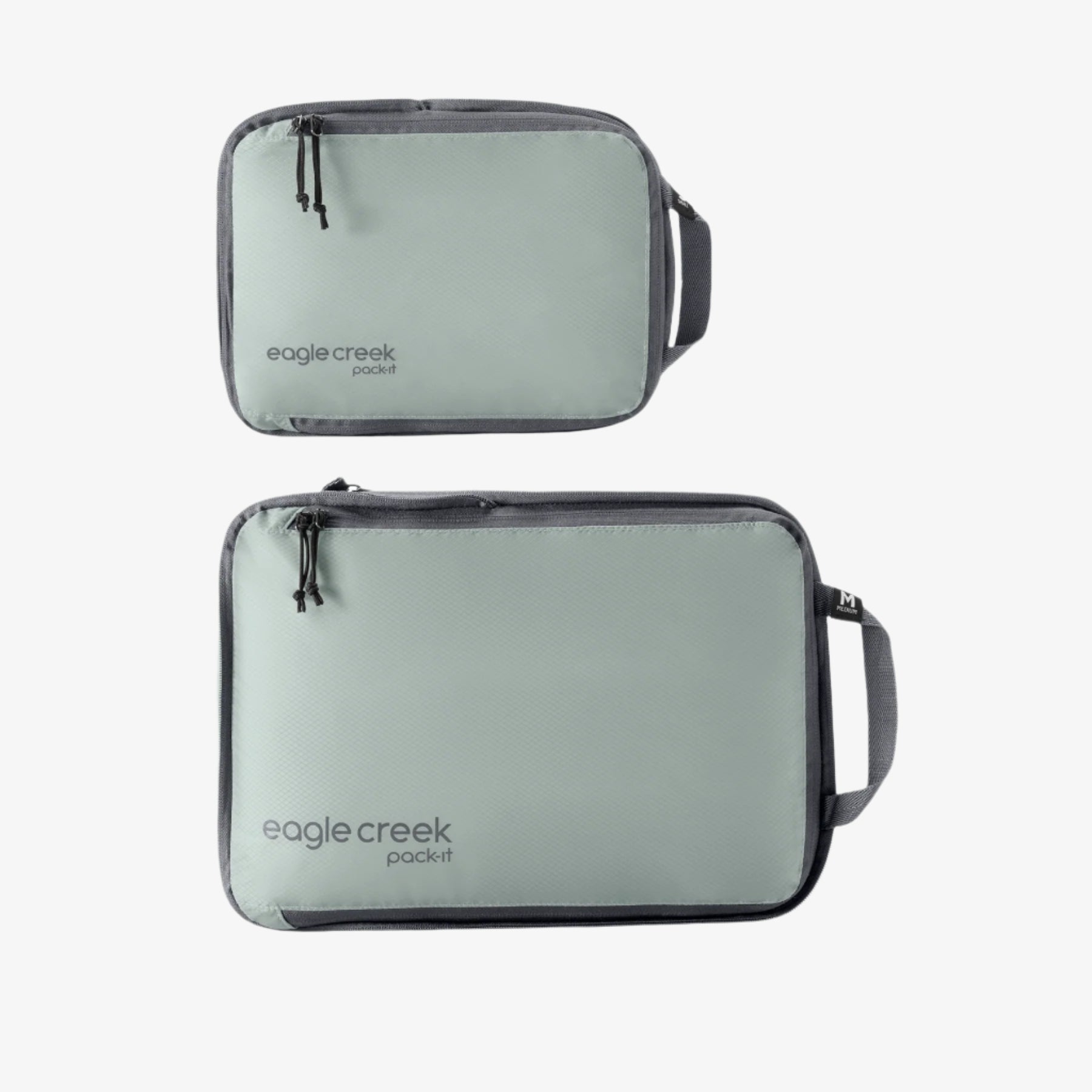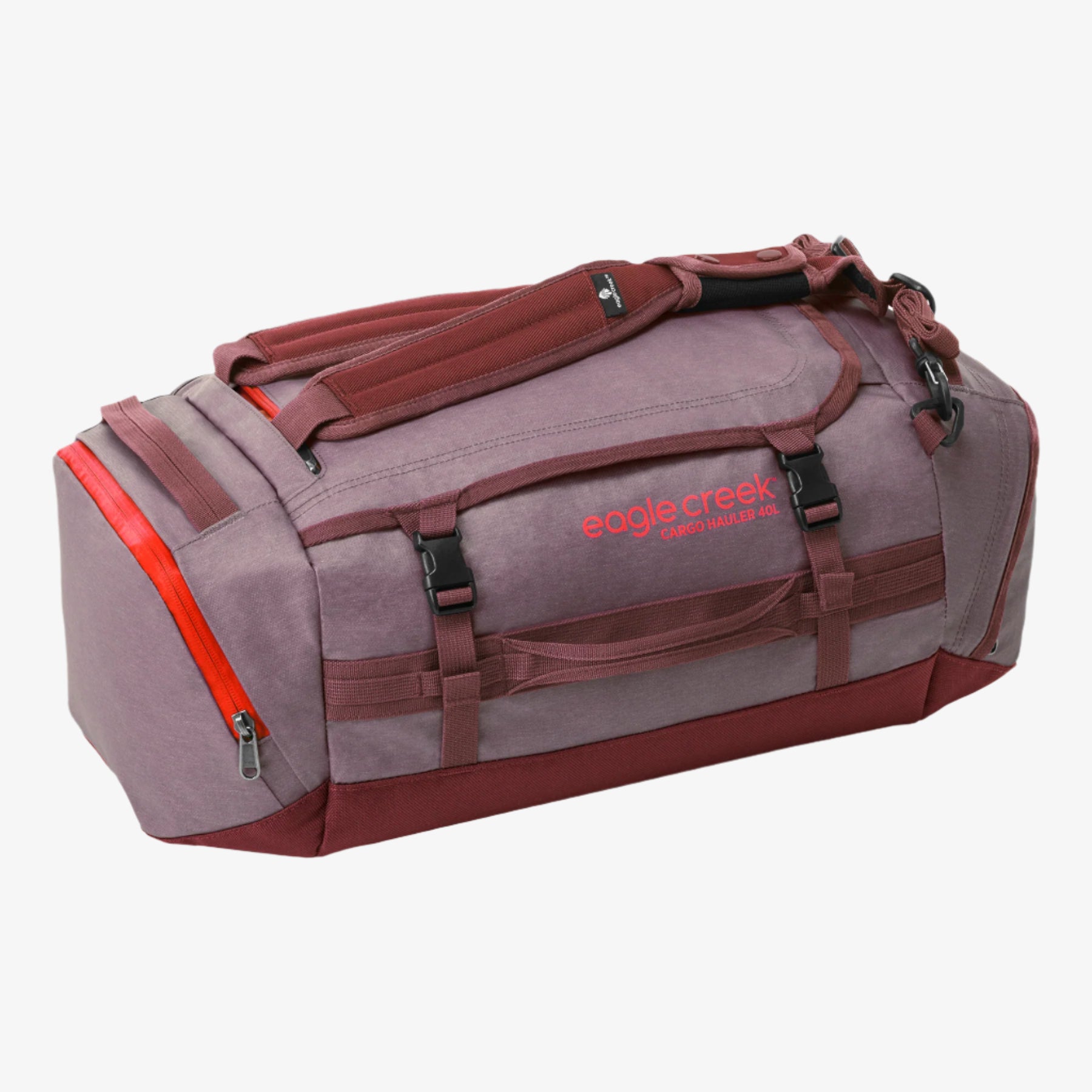
Is it Safe to Go Now? How To Plan International Travel in 2021
With domestic travel now given the green light by the CDC for fully vaccinated Americans, it’s also looking positive that fully vaccinated travelers may be able to visit Europe, and hopefully other countries around the world by mid-late summer. But, before you start eagerly packing your favorite piece of luggage and head to the airport, there’s extra planning and research you’ll need to do as rules are changing in real time. And, with things still very much in flux, planning any sort of trip starts with knowing where you can travel during Covid, and when.
Researching Safe Travel
Before you book anything international, you need to know what rules will govern your entry and exit from your planned destination, and what rules you might confront upon your planned return home. Certainly, local country tourist offices are a fountain of information, but always start your research by visitng the Centers for Disease Control and Prevention(CDC) travel site, and the U.S. State Department's website too.
Don’t Travel Without Insurance
Because the status of the global pandemic continues to fluctuate—and sometimes quite suddenly, it’s essential you purchase travel insurance to cover potential trip cancelation for any reason. Additionally, it’s worth considering adding evacuation coverage that will get you home in case of a medical or other emergency. Also check when you buy your tickets what the company’s cancellation policies are, as many airline operators, hotels, and other travel organizations are offering flexible ticketing to meet these uncertain times.
If you’re traveling with an outfitter, cruise, or other organized trip, it’s likely they’ll require you to either buy insurance through the group or organize it yourself. Be sure the travel insurance you are being offered provides a “cancel for any reason” option, and if it doesn’t, purchase your own.
Factor in Covid Tests For Travel
Even if you’re fully vaccinated, many countries may still require proof of a negative test taken no more than 2-3 days before you depart from the United States.
In addition, before you return to the United States from an international trip, you’ll have to show proof of a negative Covid test—with the test conducted within three days of arrival, or medical documentation of recovery from infection, even if you’ve been vaccinated or have had a positive antibody test.
Keep up with the State Department’s updates to testing requirements and to find where you can get tested when overseas. You’ll also need to familiarize yourself with your destination country’s entry requirements too, so make sure to check that country’s government website for guidance. Many hotels and major airports in larger international cities are offering rapid testing, as are some airlines. Some organized groups may also provide a doctor for pre-return testing within the required timeframe. Be prepared to pay for your tests when overseas. It’s likely they won’t be free as they have been in the United States—although they are in some countries, or they might be included as part of your tour package.
Keep Essential Travel Documents Close
Now, more than ever, you’ll need to carry along essential documents everywhere you travel. And, until there’s a universally accepted digital means to do this, that means carrying paper with you. The documents you’ll need to have with you include your CDC vaccine card—be sure you have a digital copy of the original on your phone and leave a paper copy at home as backups, your World Health Organization yellow vaccination card showing proof of all your vaccines received, your proof of health insurance (be sure your health insurance will cover you internationally), proof of travel insurance, proof of medical evacuation services, proof of Covid-19 test results, your passport, and a second photo ID, such as your driver’s license.
Make sure you have several sets of paper copies for all your essential documents. Keep one set of those stored at home, where a family member or close friend can get access to them if needed. And, keep the other set in your carry-on, preferably stored folded and flat protected from damage inside a Pack-It®® cube or in a RFID Travel Zip Organizer.
Know How To Travel Safely
Current science has determined that even if you’re fully vaccinated against Covid, you may still be able to spread the virus, and you could still get ill from it—although less seriously. This means you must remain vigilant and know how to travel safely through a world of strangers and strange places.
Wearing your face mask, having hand sanitizer nearby and using it frequently, plus packing extra hand sanitizer, sanitizing wipes, and extra masks in your toiletry bag are just a few of the essential packing items you now need to think about, anywhere you travel.
While there are certainly many more things to think about and consider when planning where to travel during Covid, the good news is that experts agree once you’re fully vaccinated, it’s more safe to travel. Time to start planning.









































